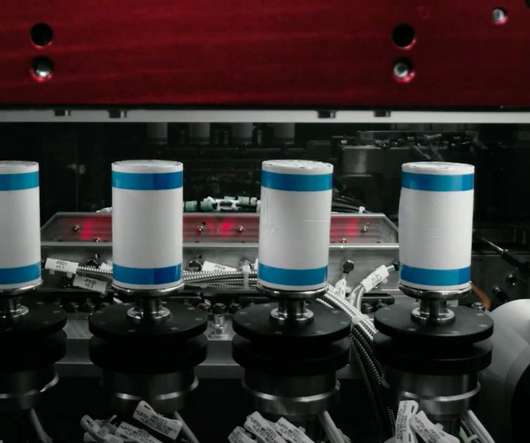JERA and Toyota deploy first large capacity Sweep Energy Storage System with second-life batteries
Green Car Congress
OCTOBER 28, 2022
JERA, the largest power generation company in Japan, responsible for about 30% of Japan’s electricity, and Toyota Motor have built and deployed the first large-capacity “Sweep Energy Storage System”. The 485 kW / 1,260 kWh facility will comprise lithium-ion batteries, nickel metal-hydride batteries, and lead-acid batteries.



















Let's personalize your content